
AEC Electoral integrity journey
This timeline journey shows AEC actions taken throughout the past three electoral cycles to increase electoral integrity in the Australian vote.

This timeline journey shows AEC actions taken throughout the past three electoral cycles to increase electoral integrity in the Australian vote.
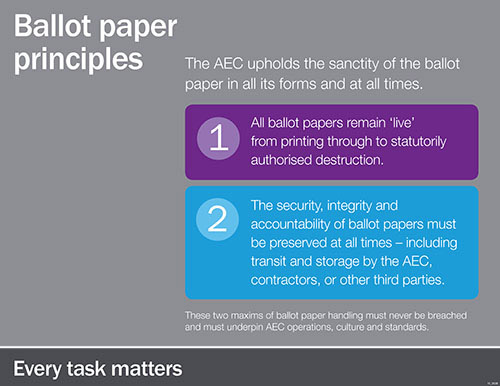
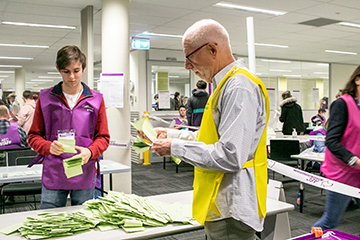
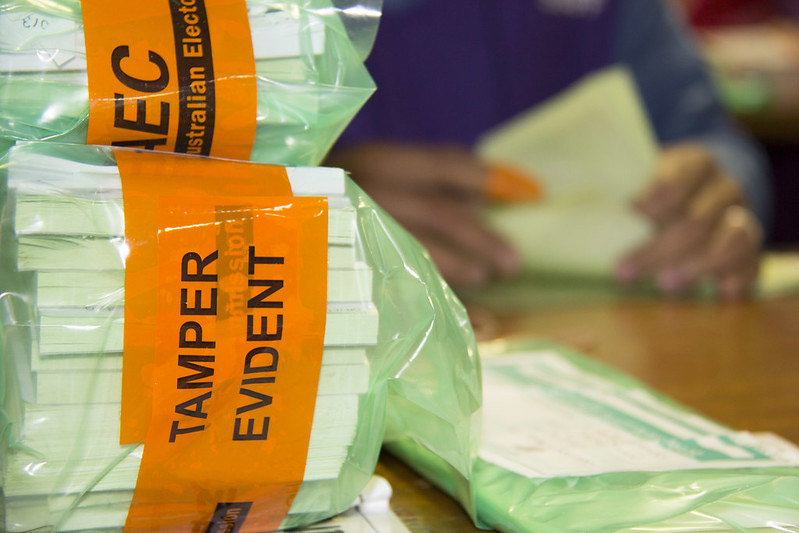
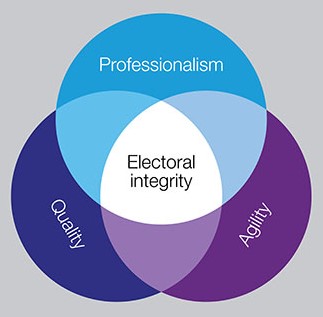
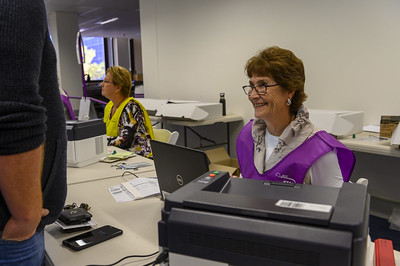
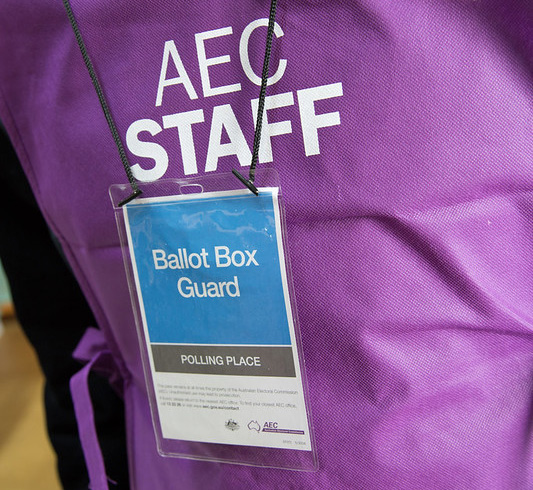

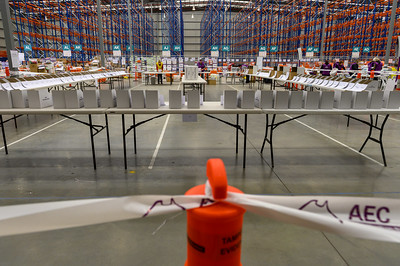

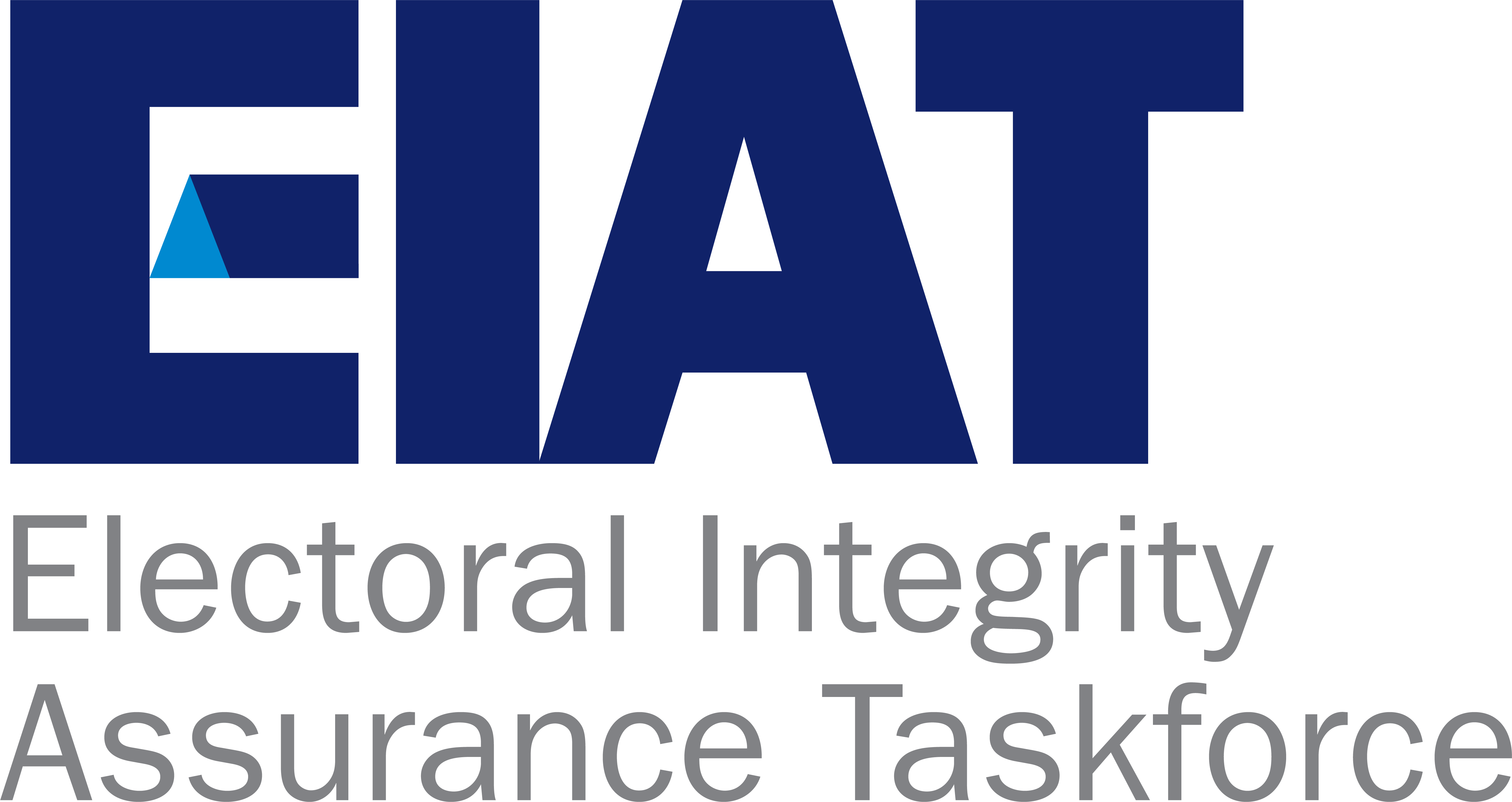


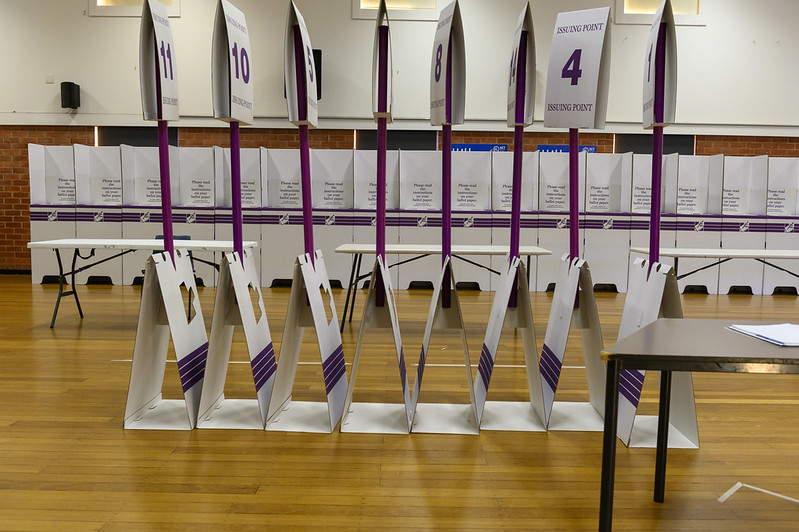

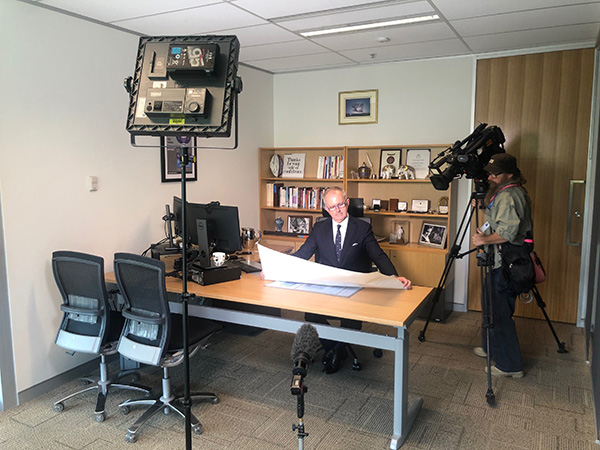
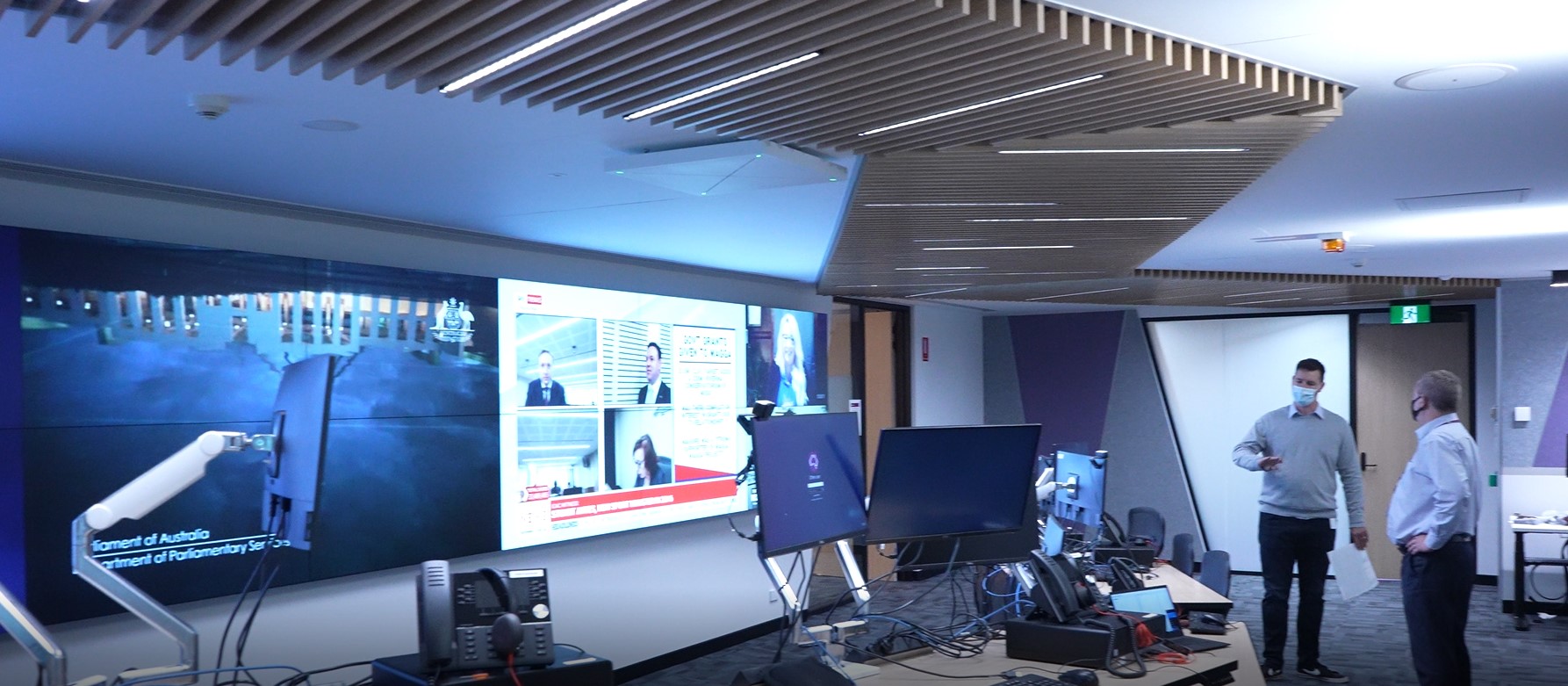
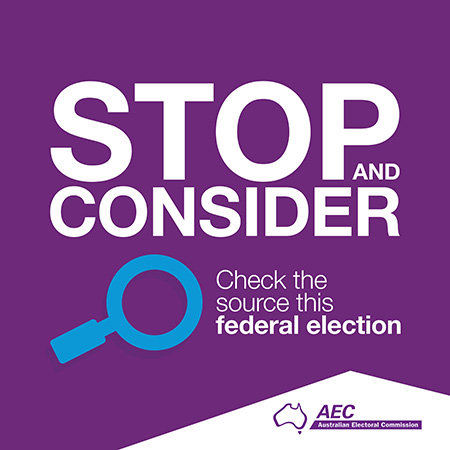


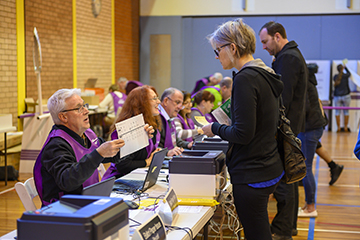
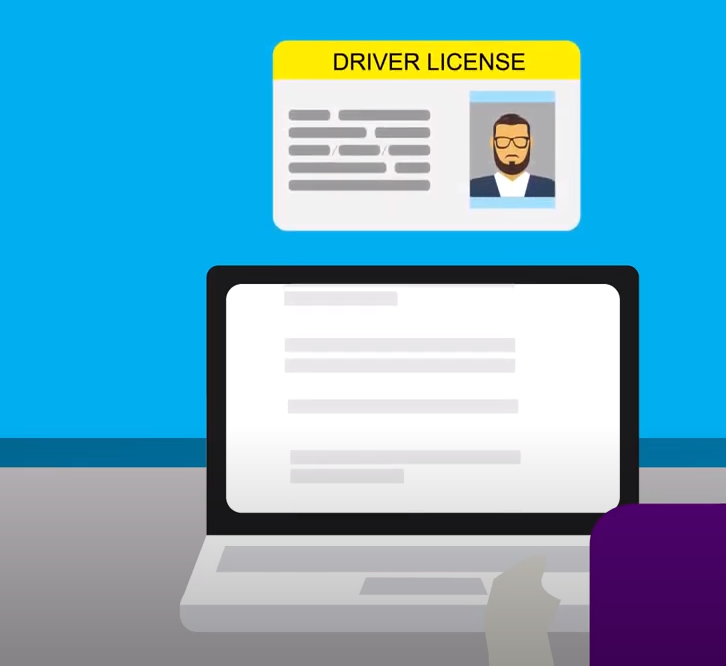
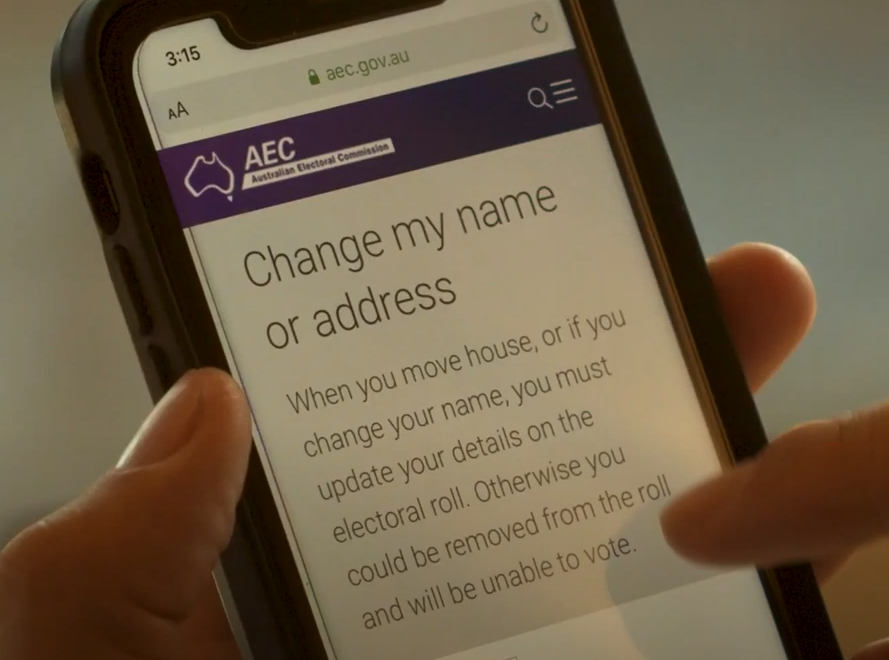



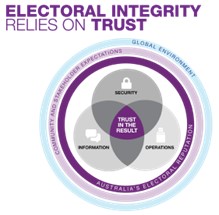



The Electoral Integrity Assurance Taskforce published information to help voters and candidates understand
the current electoral environment and the EIAT’s role in helping to protect the election.
It included:
Federal Direct Enrolment and Update
Introduced
Online enrolment
Introduced
2013
Federal Election
Ballot paper principles
Introduced
Ballot & premises security
New procedures introduced
Staff training
Upgraded
2014 By-Election
Griffith
2014
WA Senate Election
AEC values introduced
'Out posted centres'
Implemented nationally
2015 By-Elections
Canning
North Sydney
A new AEC planning framework
Election ready roadmap introduced
Electronic Certified Lists
Roll-out expanded
Senate scanning
Introduced
2016
Federal Election
2017 Marriage Law Survey
2017 By-Elections
New England
Bennelong
Electoral Integrity Assurance Taskforce
Established
Candidate eligibility
Qualification checklist introduced
2018 By-Elections
Batman
Perth
Mayo
Fremantle
Longman
Braddon
Wentworth
Social media
Platform relationships strengthened
Logistics
Centralised supply chain introduced
Disinformation
AEC communication campaign created
Transparency Register
Introduced
Queuing
Processes reformed, wait times reduced
2019
Federal Election
Enrolment
Record 97% achieved (through direct enrolment & campaigns)
AEC modernisation
Budget allocation received
2020 By-Elections
Eden-Monaro
Groom
Transformation Division
Established
Reputation Management
Framework established
AEC command centre
Construction and operational planning begins
Electoral Integrity and
Communications Branch formed
Working Arrangements
between AEC and online platforms
2022
Federal Election
2023 By-Elections
Aston
Fadden
Enrolling to vote made easier
Direct enrolment expanded
2023
Voice to Parliament referendum
AEC Reputation Management System
Largest enrolment in history
The Canberra Series on Electoral Integrity
2024 By-Election
Cook
Safeguarding the 2025 Federal Election
2025
Federal Election